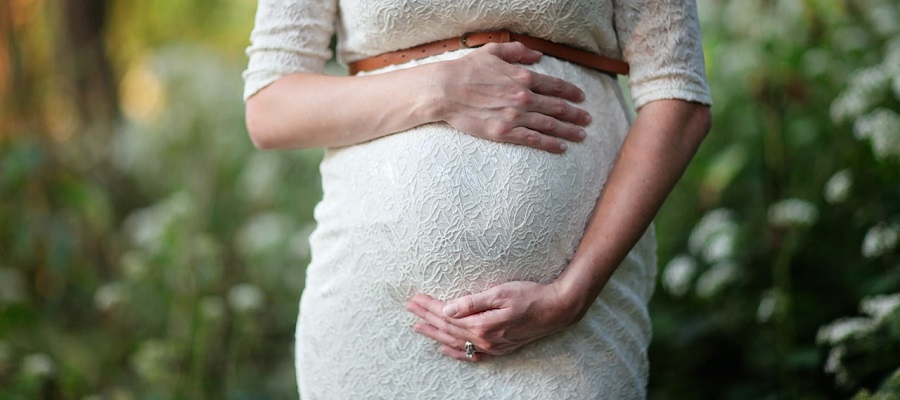Non-alcoholic beer is a type of beer that has had the alcohol removed or has a very low alcohol content, typically less than 0.5% alcohol by volume (ABV). Non-alcoholic beer is made using the same process as regular beer, but the alcohol is removed through a process called vacuum distillation or reverse osmosis.
Non-alcoholic beer can be a good option for people who want to enjoy the taste of beer without the effects of alcohol, such as those who are designated drivers, pregnant, or on certain medications that interact with alcohol. Non-alcoholic beer can also be a good choice for people who are trying to reduce their alcohol intake or are in recovery from alcohol addiction.
However, it's important to note that non-alcoholic beer is not completely alcohol-free and may still contain trace amounts of alcohol. It may also contain similar amounts of calories and carbs as regular beer. Additionally, some non-alcoholic beers may contain ingredients that are not suitable for certain dietary needs, such as gluten. It's a good idea to read the label and ingredient list carefully to determine if non-alcoholic beer is a suitable choice for you.
Is there a difference between the prices of alcoholic and non-alcoholic beer?
There can be a difference in the prices of alcoholic and non-alcoholic beer, depending on various factors such as the brand, type, and location of the product. In general, alcoholic beer tends to be more expensive than non-alcoholic beer due to the additional production and taxation costs associated with the alcohol content.
However, the price difference between alcoholic and non-alcoholic beer can vary widely and may not always be significant. Some non-alcoholic beers may be priced similarly to or even higher than certain types of alcoholic beer due to factors such as the quality of the ingredients and the production process.
It's a good idea to compare prices and consider the specific factors that may be influencing the price of a particular brand or type of beer when deciding which option to purchase. It's also important to consider the potential health and social implications of consuming alcohol and to make informed decisions about whether and how much alcohol to consume.
Is alcohol-free beer halal for Muslims and Jews?
Whether alcohol-free beer is considered halal (permissible) for Muslims and kosher (permissible) for Jews depends on the specific guidelines and interpretations of these religious practices.
In Islam, the consumption of alcohol is generally considered haram (forbidden) due to its potential negative effects on health and behavior. However, some scholars and Islamic organizations have different opinions on the permissibility of consuming trace amounts of alcohol, such as those that may be present in certain foods or drinks.
According to Islamic guidelines, if the alcohol content in a food or drink is less than 0.5% ABV, it is considered najis mughallazah, or "slightly impure," and is generally considered permissible to consume. Some Muslims may choose to avoid consuming any products that contain alcohol, even in trace amounts, while others may consider alcohol-free products to be halal as long as they meet the 0.5% ABV threshold.
In Judaism, the consumption of alcohol is generally considered permissible, but there are specific guidelines for the production and handling of kosher products. For example, kosher products must be produced using equipment that has been dedicated solely to kosher production and must not come into contact with non-kosher substances.
Some alcohol-free beers may be considered kosher if they meet these guidelines and do not contain any non-kosher ingredients. However, it's important to note that the status of alcohol-free beer as kosher can vary depending on the specific brand and the interpretation of kosher guidelines. It's a good idea to check with a rabbi or refer to a reliable kosher certification agency for guidance on whether a specific brand of alcohol-free beer is considered kosher.


